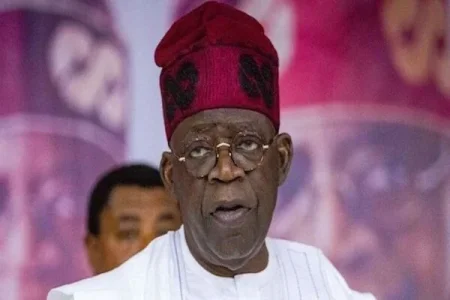
Since President Bola Tinubu assumed office on May 29, 2023, a bleak economic landscape has unfolded for Nigerians, with his policies seemingly deepening their financial woes.
The National Bureau of Statistics (NBS) recently reported a staggering 29.90% inflation rate in January 2024, shedding light on the severity of the economic crisis. Market surveys have unearthed distressing figures, exposing the dire impact on everyday essentials.
Staple food items have experienced unprecedented price surges, including a pack of spaghetti soaring from N80 to N950, a carton of Titus fish escalating from N40,000 to N76,000, and Blue Band butter skyrocketing from N500 to N1,400. Other notable increases include a single pack of Indomie jumping from N50 to N150, and transportation costs spiking, exemplified by a bus trip from Ondo to Ogun State now costing N100,000.
The Nigeria Labour Congress has responded to the escalating crisis by declaring a two-day nationwide strike scheduled for February 27 and 28, 2024, in a bid to compel the federal government to address the rising hunger and economic hardship plaguing the country.
As citizens brace for the imminent strike, the urgency to find tangible solutions to alleviate their suffering becomes increasingly critical, prompting scrutiny of the government's response strategies.




